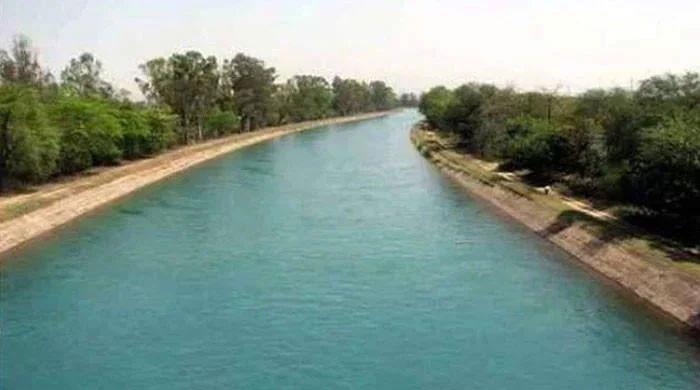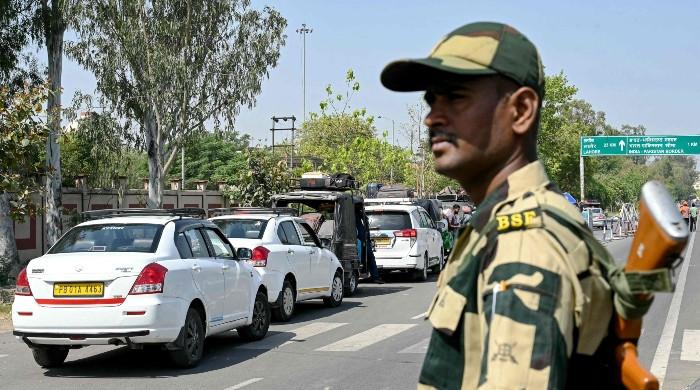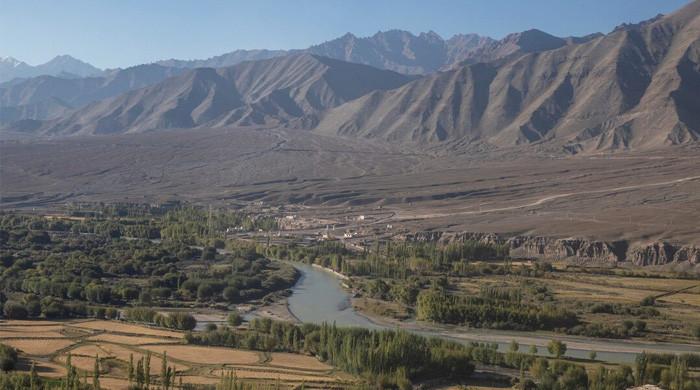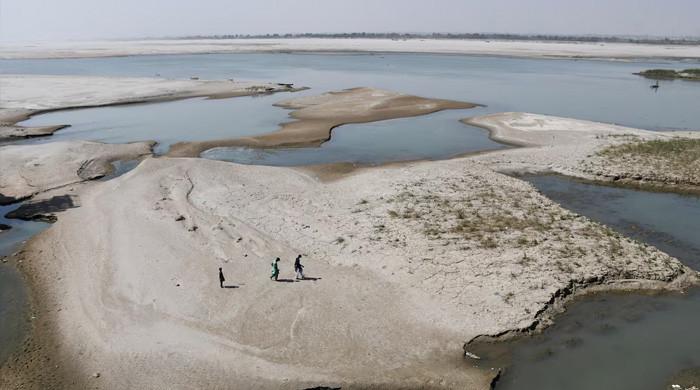South Asia’s changing calculus is frightening
Pakistan and India on the brink of war in an era of fake news
March 14, 2019
Pakistan and India have a long history of enmity stemming from the disputed territory of Kashmir, a legacy of the British colonial rule. Since 1947 both countries have fought three major wars, and even today, in 2019, the dispute over Kashmir remains the root cause of uncertainty in South Asia.
On top of this alarming frequency of wars among the two, mistrust of unmanageable proportion prevails – the main reason being that India has refused to discuss the core issues of Kashmir on bilateral and/or on multilateral forums with Pakistan. This policy of non-engagement on the core issue has over the years increased the animosity among the nuclear-armed neighbours.
In the last few weeks, both countries had skirmishes in the air, on sea and on land. The changing calculus of South Asia is frightening. India is now willing to target positions well inside Pakistan’s territory.
Both the countries have highly developed nuclear arsenal with varying degrees of command and control structures. However, as the Cuban missiles crisis of 1962 demonstrated when there is a lack of dialogue, a slight miscalculation has the potential to quickly escalate into a serious nuclear situation.
Another very real concern for the world community is that an environment exists in South Asia where fake news has taken centre ground. For obvious reasons, the government of Prime Minister Narendra Modi has consciously or inadvertently promoted the dissemination of fake news in their election rallies. This use of fake news for political gains can trigger unwarranted actions. When there is a lack of trust and dialogue on the ground, fabricated news is allowed more space to become legitimize and believable. This increases the possibility of miscalculation which could lead to the devastation of the whole region and a body blow to world peace,
Professor Lin Minwing, of the South Asia Centre at Fudan University Shanghai, says that to solve the current dilemma, India needs to change its mindset. Toughness and risk-taking may lead to more troublesome results. Coupled with the current Indian populist sentiment, rationally controlling internal emotions is the first step in solving the problem.
Alongside fighting its case for the start of bilateral and multilateral discussions on Kashmir issue, the PTI government in Pakistan urgently needs to appoint its National Security Adviser (NSA). This post is vacant since June 2018.
Raffaello Pantucci, the Director of International Security Studies at the London-based think-tank, RUSI, says that the NSA is an important post and once operational it needs to revitalize the bilateral dialogue on security issues.
The NSA offices can play a crucial role in starting formal as well as track II exchanges of information on important issues. However, one needs to be cognizant of the fact that for an NSA to be effective the office holder should have experience of both civilian intelligence agencies as well as an understanding of the role foreign agencies play to create situations on the domestic front.
Experience of managing threats posed to Balochistan and Karachi are critically important as both these regions are vital for successful delivery of the China-Pakistan Economic Corridor projects. An officer who can cover regional and civilian security operational dimensions could be very effective as a new NSA.
In these unpredictable times, peace among the nuclear-armed South Asian neighbours can only be achieved if the core dispute of Kashmir is discussed. Most importantly this issue should be the topmost item on the agenda of the UN Security Council meetings. Britain and the US cannot be absolved of their responsibilities as the current conflict presents itself as one of the most dangerous state of affairs in South Asia.
Siddiqui is a London-based analyst on South Asia. He tweets @SiddiquiAftab











